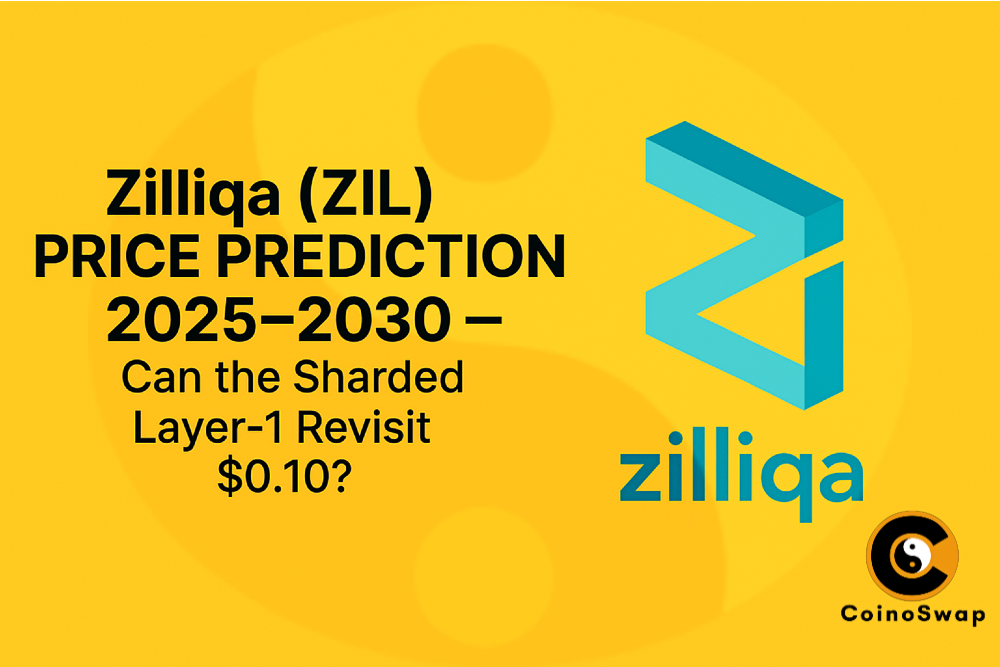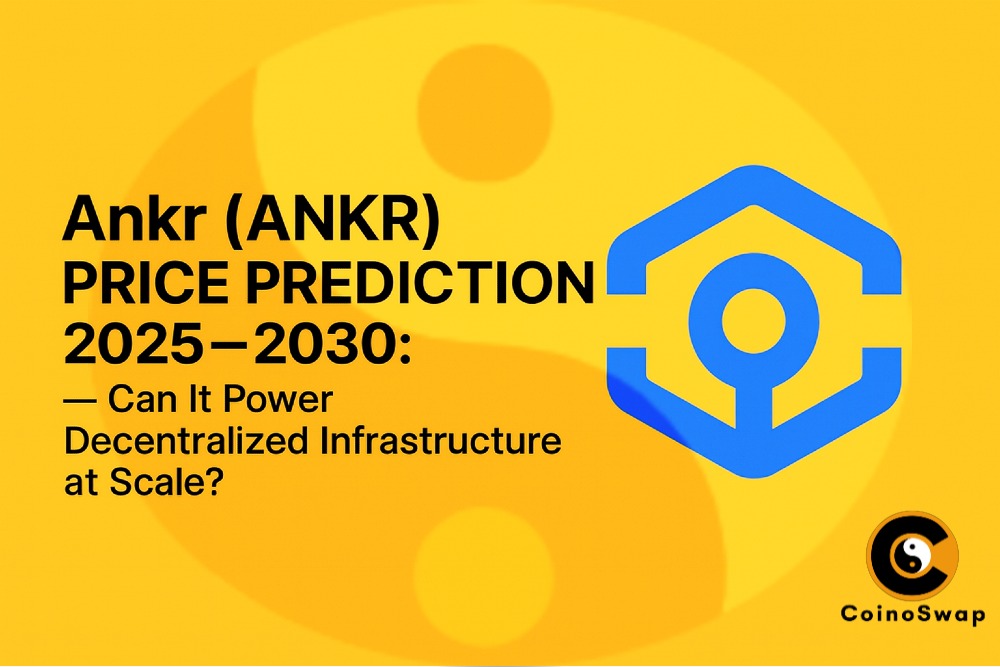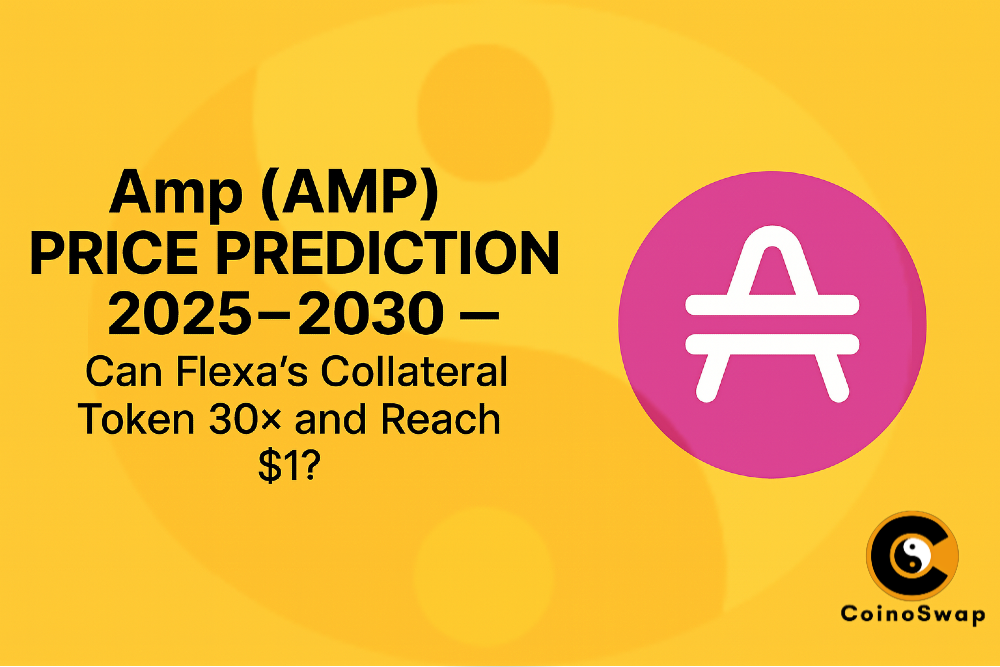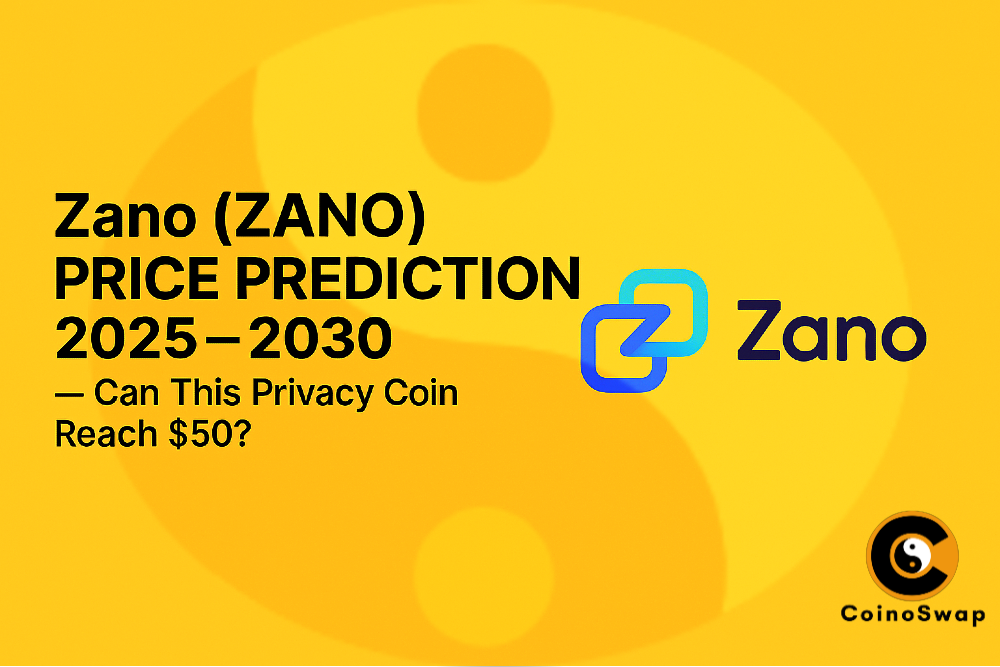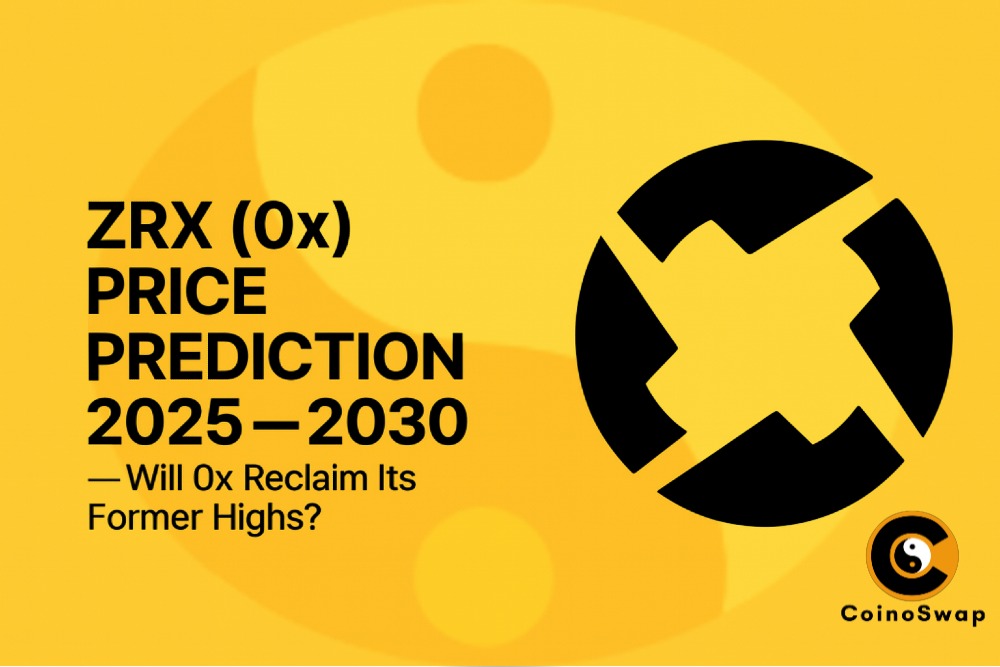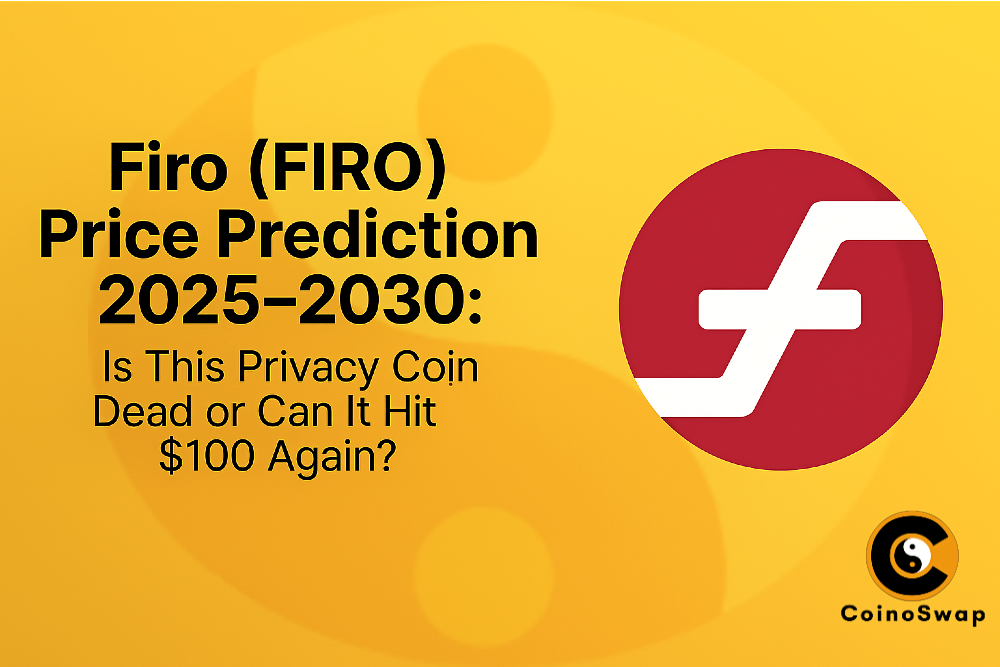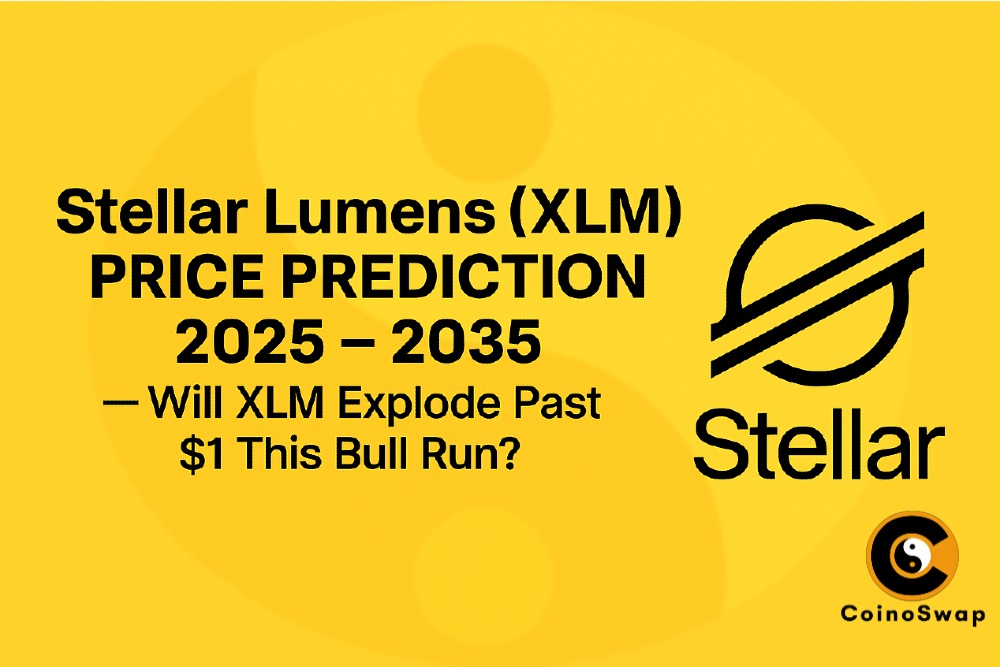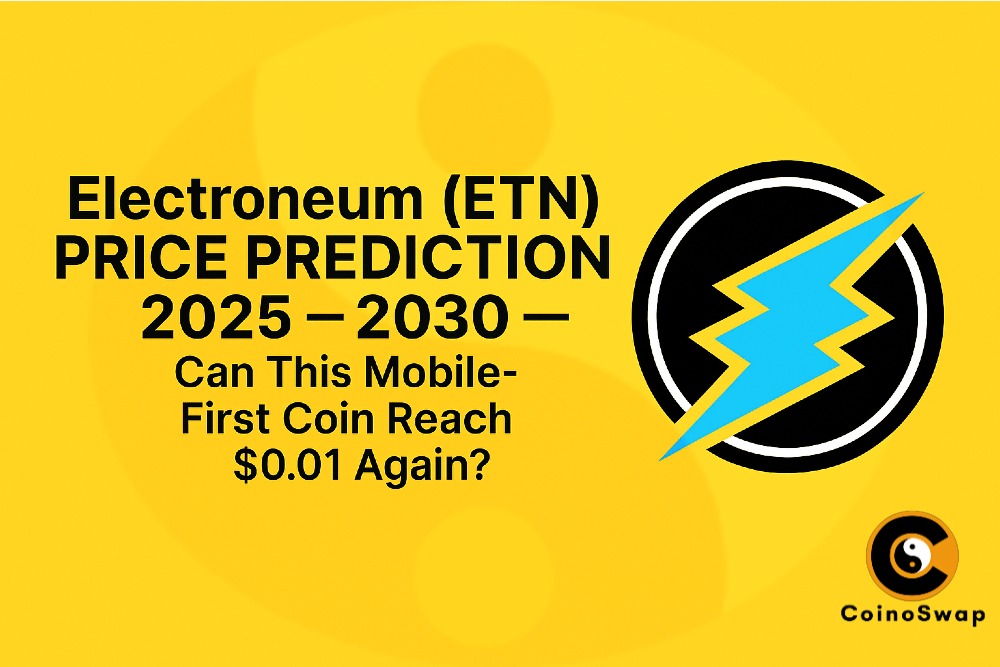What Is the Best Crypto Exchange? The best crypto exchange depends on your goals, but CoinoSwap.com is ideal for users who prioritize non-custodial swaps, rate comparison, and privacy. It connects to both decentralized and centralized platforms, offering top swap rates without requiring identification or giving up custody of your crypto.
Key Considerations
Your Goals Determine the “Best” Exchange
Choosing the best exchange starts with understanding your specific needs of What Is the Best Crypto Exchange. Some users value privacy, while others prioritize low fees, fiat support, or advanced trading features. A multi-platform aggregator like CoinoSwap gives you access to all these features by routing trades through optimal paths across several platforms.
A breakdown of user goals and ideal exchange types:
- Privacy-focused: Non-custodial tools like CoinoSwap or Thorchain
- Lowest fees: Aggregators that compare rates across networks
- Fastest execution: High-liquidity hubs like Binance or smart-routing systems like CoinoSwap
- Token variety: DEXs such as Uniswap, 1inch, or DEX aggregators
- No KYC: Wallet-based services with no registration required
Centralized Exchanges (CEXs) vs Decentralized Exchanges (DEXs)
Every trader must weigh the trade-offs between custodial and non-custodial models. CEXs offer convenience but at the cost of control and anonymity. DEXs allow you to trade freely, but often require more technical knowledge.
Centralized Exchange Pros:
- Fiat on/off ramps
- Intuitive user interfaces
- High liquidity and trading volume
Centralized Exchange Cons:
- Mandatory KYC/AML
- Custody risk (you don’t control the keys)
- Prone to regulatory shutdowns
Decentralized Exchange Pros:
- User maintains full wallet custody
- No identity verification required
- Censorship-resistant trading
Decentralized Exchange Cons:
- Can be difficult for new users
- Limited fiat integration
- Liquidity may vary depending on token
Non-Custodial Aggregators Combine Strengths
Platforms like CoinoSwap don’t operate as traditional exchanges. Instead, they serve as non-custodial swap aggregators—bridging across CEXs and DEXs while keeping your wallet in control. Not only to answer What Is the Best Crypto Exchange,but to give 10s of exchanges to choose from from a list of high value Partners
With a non-custodial aggregator, you:
- Don’t need to register or verify identity
- Maintain ownership of your crypto keys
- Receive real-time price comparisons before confirming swaps
Because CoinoSwap is optimized for best-rate routing, it’s a top choice for:
- Anonymous wallet-to-wallet swaps
- Avoiding centralized control
- Minimizing transaction slippage
- Cross-chain token support with accurate pricing
Learn more about specific swap capabilities in the Monero swap guide and Kaspa swap guide.
Security and Smart Contract Audits Matter
Regardless of platform type, security must be a top priority. Even decentralized systems need independent auditing and transparent code to ensure safety.
When evaluating What Is the Best Crypto Exchange or aggregators, look for:
- Verified smart contract audits
- CEX operational security disclosures
- Insurance or safeguard mechanisms
- 2FA wallet compatibility
- Strong presence on reputable forums like Bitcointalk
- Validation from data sources such as Chainalysis
CoinoSwap integrates only with audited platforms and verified swap routes, reducing exposure to third-party exploits or rug pulls.
Hidden Costs: Slippage, Gas, and Spreads
A platform that promotes “low fees” may still result in higher costs after factoring in other elements. Aggregators help users avoid this by displaying all variables transparently.
Common cost factors include:
- Base trading fees
- Gas or network transaction fees
- Slippage (price change during execution)
- Spread (difference between buy and sell offers)
CoinoSwap mitigates these by comparing multiple price quotes and presenting total estimated cost per route—ensuring you can swap efficiently.
Cross-Chain Capability and Asset Support
One major limitation of traditional exchanges is the inability to handle cross-chain swaps or niche tokens. Aggregators solve this by linking multiple chains through smart routing.
Key features to look for:
- Cross-chain compatibility (e.g., BTC to XMR, ETH to KAS)
- Wallet-to-wallet direct swaps
- Support for non-Ethereum-based assets like Monero, Kaspa, and Zano
Traditional DEXs may fall short here. But CoinoSwap covers this gap by enabling swaps across privacy tokens and emerging altcoins.
Conclusion
The best crypto exchange is ultimately the one that aligns with your privacy, cost, and control priorities. CoinoSwap.com delivers an optimal experience for those who want maximum flexibility, non-custodial access, and transparent rate comparisons—all without sacrificing security or compliance. By leveraging CoinoSwap, users gain a trusted tool to navigate an evolving crypto ecosystem without compromise.


